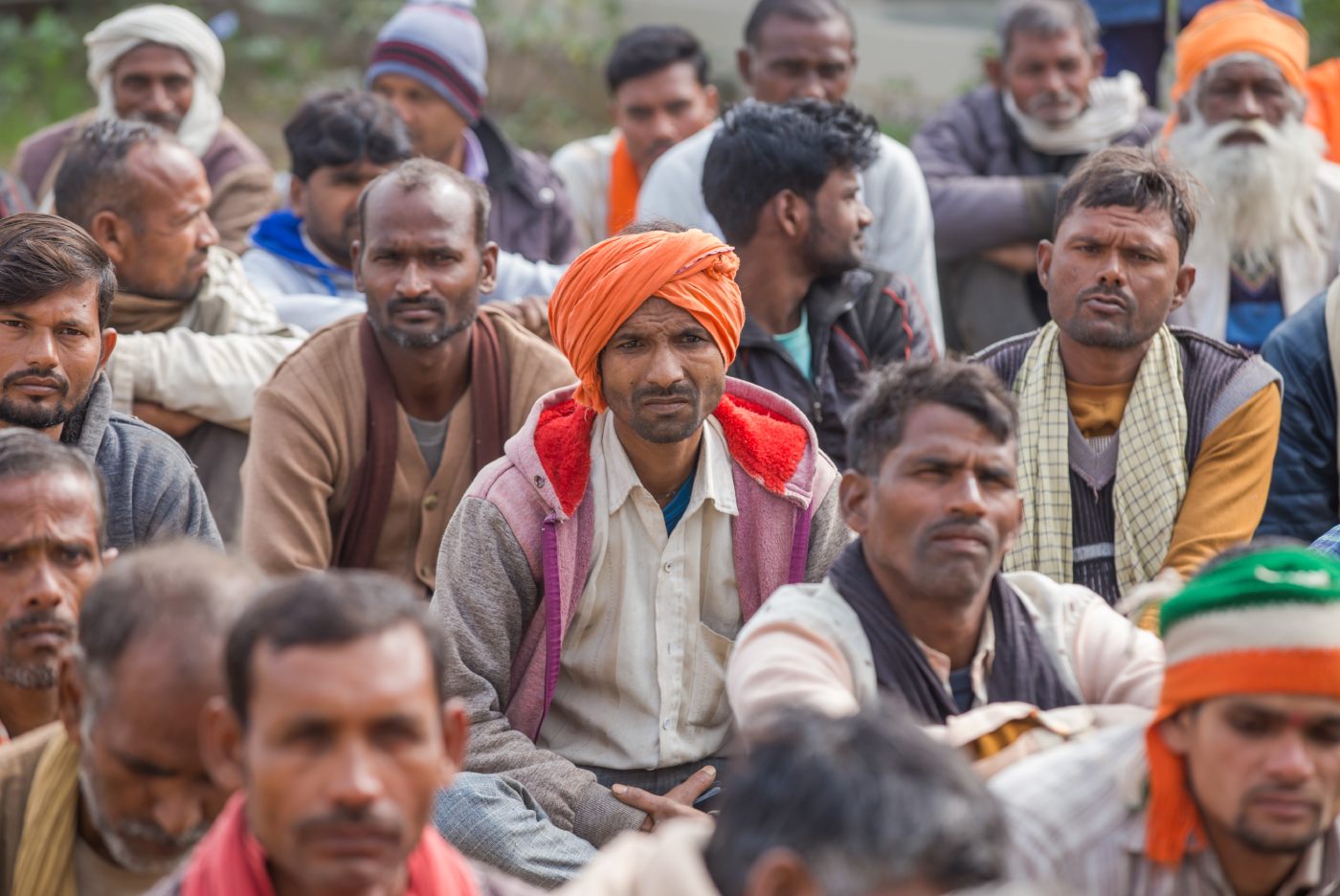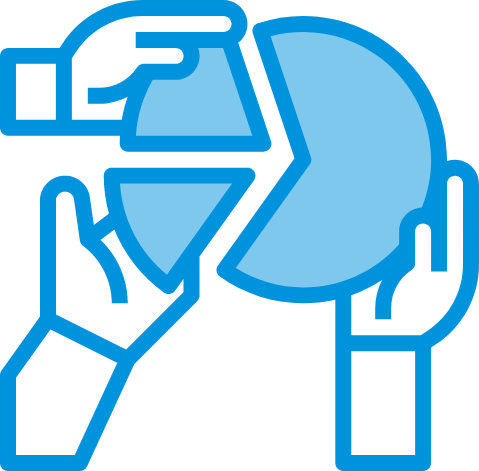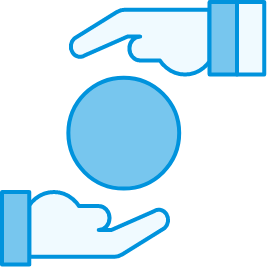
More than three women are raped every hour in India. The police registered 28,046 cases of rape in 2020 — an
average of 77 per
day. The national conviction rate for cases of rape stands at 37%, which means 2 out of 3 survivors of rape will
not get justice.
For last two decades, Jan Sahas has been working on prevention of multiple forms of violence against women and
girls in seven states of India.
Jan Sahas believes that a fundamental change can occur only if prevention, response and rehabilitation are tackled
simultaneously through a holistic approach. It’s crucial to engage with men and boys to bring about behavioural
change and act together as a structural driver for prevention of violence against women and girls (VAW&G).
Till date, Jan Sahas has worked with around 19,72,000 women and girls across all program areas. We are supporting
21135 survivors of sexual violence and have prevented 7,276 women from trafficking and 6,640 young girls from
caste based commercial sexual exploitation of children.
Over the next 5 years, we will work to comprehensively reduce prevalence of sexual violence against women by 25%
and empower 250,000 survivors, in 200 districts across India and other parts of South Asia through direct support
and collaboration.
Jan Sahas runs a toll-free helpline for girls and women where they can report any form of violence. The Jan Sahas
team then works with the relevant authorities to support the survivors and their families.

Jan Sahas has been actively involved in combating various forms of violence against women and girls in seven Indian states for the past 25 years. Our approach involves a comprehensive combination of strategies that seek to produce individual, community, and systemic-level changes. Our PR3 model (which focuses on Prevention, Response, Rehabilitation, and Reform in the System) is a holistic framework that guides our efforts towards ending sexual violence.

Our organisation's efforts towards prevention are geared towards empowering women and girls with the necessary knowledge and skills to resist all forms of violence and discrimination. We concentrate on promoting awareness about important issues such as bodily autonomy, constitutional rights, gender-based violence, and leadership development through a range of community and individual-level initiatives. Our preventive measures also involve collaborating with men and boys, as well as community and faith leaders, district officials, and other stakeholders.

Jan Sahas strives to address the shortcomings in the legal system by reinforcing existing structures and providing comprehensive legal, medical, psychological, emergency, and social support to survivors. Our team of lawyers offers pro bono services to survivors, assisting them with filing complaints, opposing bail, obtaining compensation, and representing them in court and before commissions.

Our organisation adopts a multi-faceted approach to facilitate the recovery and reintegration of survivors and their families into society. We accomplish this by offering educational support, as well as enrolling them in vocational and skill-building courses. Professional counsellors provide psychological therapy to survivors, helping them develop resilience to the trauma and stress caused by the violence they have experienced.

To effect policy-level changes, our organization forms strategic collaborations and partnerships with various stakeholders. We engage with state officials, such as police, members of One Stop Centers, child welfare committees, juvenile justice boards, shelter homes, lawyers, and judges, to ensure accountability and responsiveness when dealing with survivors of sexual violence. By doing so, we aim to hold these stakeholders responsible and encourage them to participate actively in bringing about meaningful changes to the system.